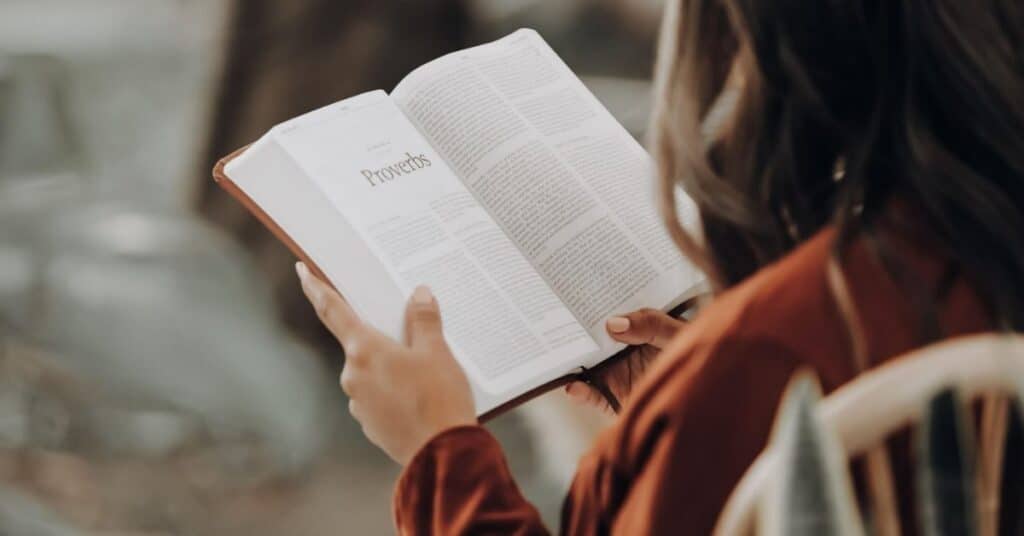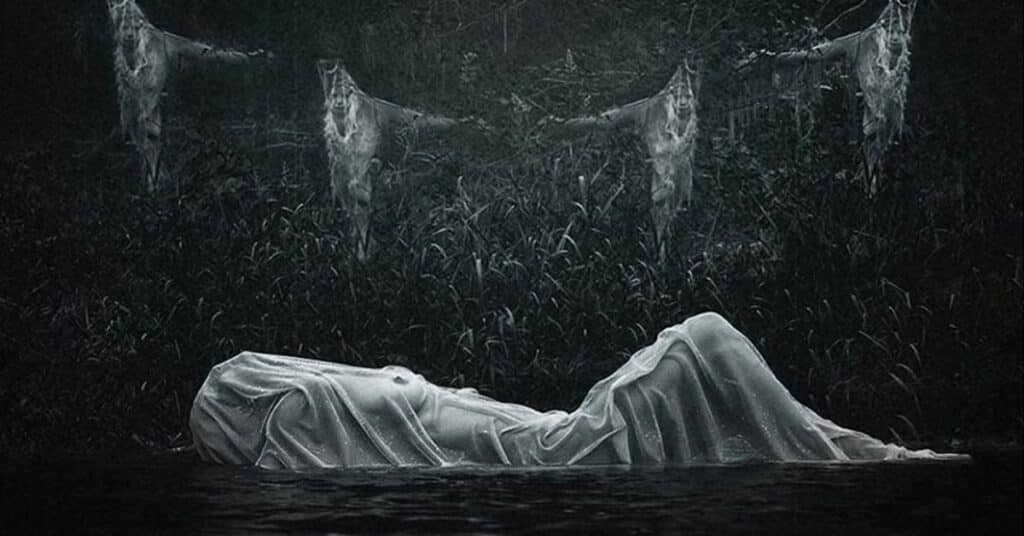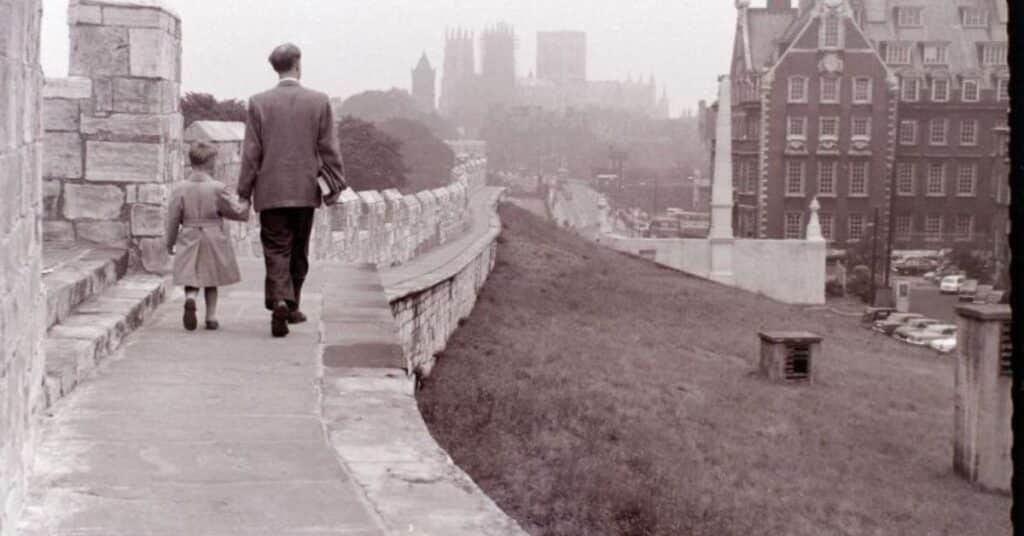The Book Thief by Markus Zusak is a story that has touched readers all over the world. Set in Germany during World War II, it shows how books, words, and love can survive even in the darkest times. Many readers search for The Book Thief Quotes because they capture the heart of the story in just a few lines.
The Book Thief Quotes remind us about life, death, friendship, and hope. They are simple but powerful. These words speak to anyone who has ever loved a book or felt the weight of history. That is why they remain unforgettable today.
On words and their power
- Words can wound like weapons, but they also stitch broken hearts back together.
- A single page carries more strength than a soldier’s gun.
- Books hold eternity in their lines, far greater than fleeting destruction.
- Liesel learned that writing could be survival when everything else was lost.
- Even in the darkest basement, words lit a hidden light.
- Zusak shows how language can escalate cruelty or spark kindness.
- A story whispered between friends carries more power than propaganda shouted to thousands.
- Pages become proof of human resilience against brutality.
- Death reminds us that words outlive the conveyer belt of mortality.
- Every book is a globe of meaning, spinning with life.
Love and connection
- Love is found in the small kindness of a foster father’s silver eyes.
- A shared laugh with Rudy Steiner meant more than safety.
- Rosa’s harsh voice carried love disguised as discipline.
- In Molching, even amid cruelty, friendship became a lifeline.
- Max and Liesel built a bond with nothing but stories and trust.
- Love is not always soft—it can be ugly, raw, and real.
- Rudy’s devotion showed that connection survives even in war.
- Families form not just by blood but by shared survival.
- Hans Hubermann proved that kindness is love in action.
- Every note of the accordion echoed love louder than words.

The duality of human nature
- Humanity can be both beautiful and ugly in the same breath.
- The Holocaust revealed the strangeness of kindness alongside cruelty.
- People are capable of self-obsession and sacrifice, often in one moment.
- Zusak shows that the same hand can both hurt and heal.
- In Molching’s streets, compassion survived even as hatred escalated.
- Death’s voice reminds us that humans confuse him more than war itself.
- The duality of human nature is proof that nothing is simple.
- The book thief herself represents survival and loss intertwined.
- People can destroy thousands, yet also save one hidden Jew.
- Even brutality carries shadows of tenderness in memory.
On death and mortality (from Death’s perspective)
- Death does not hate humans; he merely collects them.
- Mortality is both tragic and strangely beautiful in its inevitability.
- To Death, every soul shines in colors unseen by the living.
- Eternity is not loud—it is quiet and heavy with stories.
- Death carries both grief and admiration for humanity’s resilience.
- He views war as a madness where he works overtime.
- The narrator admits humans fascinate him more than any other mystery.
- Mortality is not an ending but a continuation of memory.
- Every child, every father, every mother carries a story into Death’s arms.
- Death’s perspective is both intimate and universal, haunting and tender.

The human capacity for resilience and hope
- Even in basements cold and hidden, hope survived in whispered stories.
- Liesel proved that survival begins with courage to keep reading.
- Max endured loneliness with imagination as his only weapon.
- Hope can be fragile but it rebuilds after every collapse.
- The human heart carries resilience that outlives destruction.
- Stories became armor against despair, stronger than steel.
- Liesel’s survival showed that children can carry eternity within them.
- Hope is a risk worth taking, even in darkness.
- Humans fall, but their capacity to rise again is endless.
- Every moment of kindness is proof of life against death.
Books on family
- Books became the glue that held the Hubermann household together.
- Reading aloud turned pages into shared warmth around the table.
- Liesel’s foster family gave her not just shelter but stories.
- Each book was a silver thread connecting child and parent.
- Family is built not only with bread but with books.
- Hans’s accordion and Liesel’s reading were their unspoken bond.
- Even Rosa’s scolding carried the rhythm of care.
- In a time of scarcity, stories fed the heart.
- Pages were like children—fragile but filled with possibility.
- A book gifted in love becomes family treasure.

Family in focus
- Hans Hubermann became the father figure every child longs for.
- Rosa, though sharp-tongued, kept her family safe with steel strength.
- Rudy Steiner was the brother Liesel never officially had.
- The foster family showed that love can be chosen.
- Family is not always gentle, but it is always present.
- Liesel carried the memory of her mother through every word she read.
- A father’s hand on a child’s shoulder speaks louder than speeches.
- Even abandonment could not erase the family she built anew.
- Bonds are made in kitchens, basements, and streets of Molching.
- The family stood as proof against the collapse of society.
The human experience
- Life is circles of loss and gain, never simple lines.
- The story shows beauty survives even in brutality.
- Every soul carries both light and dark moments.
- Humanity is a mixture of grief, hope, and madness.
- The Book Thief is a narrative of children forced to grow too soon.
- The human experience is written in both laughter and tears.
- Even war cannot erase the meaning of friendship.
- Life is fragile, yet its stories are eternal.
- People live with contradictions, yet their voices matter.
- The human heart proves stronger than fear.
Understanding antisemitism
- Max’s suffering revealed the cruelty of hatred taken to extremes.
- Antisemitism stripped Jews of humanity, yet could not erase their souls.
- A hidden basement became the only safe world for Max.
- The Holocaust was proof of destruction born from prejudice.
- Hatred escalates when silence feeds it.
- Liesel’s friendship with Max was a rebellion against cruelty.
- Humanity is lost when people turn neighbors into enemies.
- Antisemitism was a darkness that tried to suffocate light.
- Stories became Max’s weapon against abandonment and despair.
- Even in collapse, kindness resisted hatred.
Reflections on death
- Death is the shadow walking alongside every story.
- Mortality reminds us that every page of life ends.
- To reflect on death is to value life more.
- Every loss carries both pain and meaning.
- Death changes not just lives but entire generations.
- Memory keeps the dead alive in every heart.
- Death is the motif that binds the novel’s narrative voice.
- Even endings carry symbols of hope.
- Every soul collected is a story preserved.
- Death reminds us: beauty and brutality are inseparable in life.
Conclusion
The Book Thief Quotes show us the power of stories. They remind us of love, loss, and hope. These lines stay with readers because they speak in simple but deep ways. The Book Thief Quotes must be read slowly to feel their meaning. They are not just words. They are lessons about life.
When people share The Book Thief Quotes, they keep the story alive. Each quote carries history and memory. They must be remembered because they connect the past with today. For anyone who loves books, these words are a guide. The Book Thief Quotes must never be forgotten.

Alex Black is a seasoned writer with over a decade of experience crafting impactful, thought-provoking quotes and reflections. His work has been featured in numerous lifestyle columns and online publications, where his words continue to inspire readers around the world. With a deep understanding of human emotion and expression, Alex brings authenticity and resonance to every line he writes.
